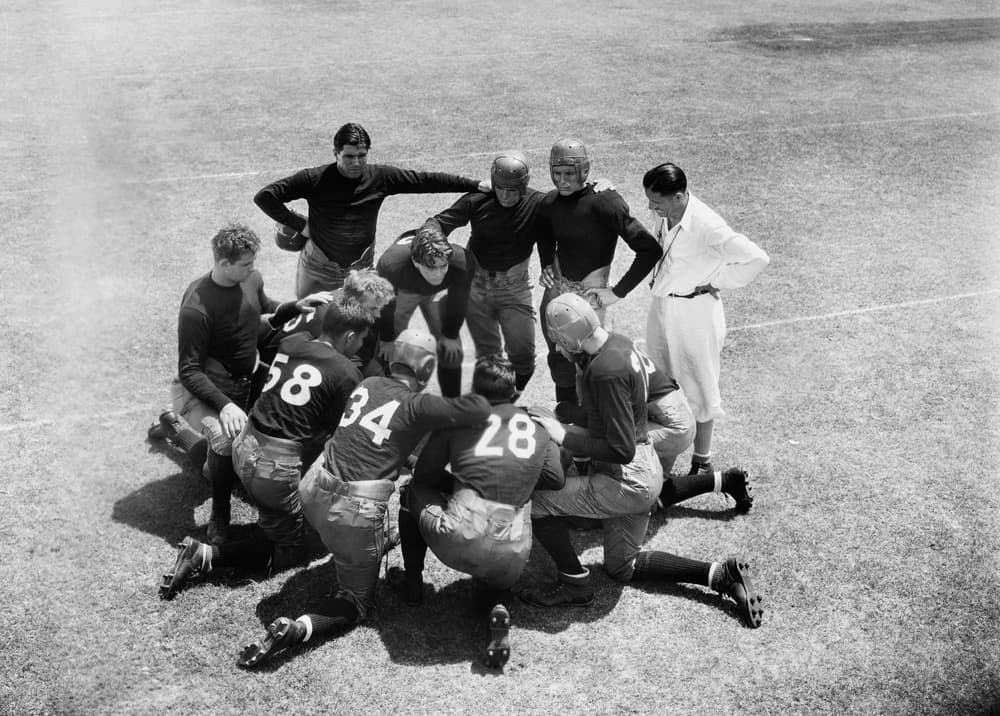
Every workers’ compensation adjuster appreciates anything that helps make their job easier. Below we discuss six small items that can make a big difference to Joe (or Josephine) Claims Adjuster.
Click Link to Access Free PDF Download
“How Do I Get My Adjusters To Follow My Account Handling Instructions?”
1. Please complete all fields on the injury form.
When an workers’ compensation adjuster first gets a new assignment, nothing makes them more frustrated than to see many fields missing information. This can include social security numbers, birth dates, the type of injury, the date the injury was reported to the supervisor, etc. All of these fields are equally important, and when any are empty it means another phone call to the contact at the insured to gather this information. Take the time to complete all fields, so the adjuster has the information needed to get started on the file investigation without delay.
NOTE TO EMPLOYERS: IF YOU LEAVE BLANK FIELDS, SOMEONE ELSE MAY FILL THEM IN – WITH ANSWERS THAT YOU WON’T LIKE. Attach information if there isn’t enough room for the complete answer. Staple it and mail a copy to the adjuster.
2. Report All Claims in a Timely Manner.
The next thing that annoys workers’ compensation adjusters are late claims. Depending on the jurisdiction, this can put the adjuster in a time crunch to gather as much claims information to complete the investigation, and the fact they are rushing can lead to errors, or even worse, leakage. The last thing anyone wants is money and time wasted on a claim that is not compensable. One of the best things you can do is to report a claim right away. Do not let it sit on your desk until the injured worker goes in for surgery the next day. The sooner you can get that injury report to your adjuster, the better chance they will have to do a proper, thorough investigation. This leads to correct, ethical decisions on your claims without delays, penalties, or leakage.
3. Let the adjuster know if there is lost time on a claim.
Claims that include lost wages carry a certain priority with the workers’ compensation adjuster, since every day that clicks by means another day of potential wage loss due to the employee. As mentioned above, injuries should be reported right away. This gives the adjuster time to gather medical records to see if the claim is compensable. It also gives the adjuster a chance to get work restrictions on your employee so they can be placed in your light-duty work program. This eliminates the need for lost wages paid to the employee and keeps your claim costs down. When injuries are reported right away, everyone wins. The employee gets prompt contact by the adjuster, the adjuster gets a jump on the claim, and the employer gets to keep their costs down as low as possible.
4. Don’t tell the adjuster if a claim is compensable or not. It bugs them.
As much as you think a claim is legit or not, the employer typically cannot make a decision on a claim’s compensability. This is the adjuster’s job — what they get paid to do. This is why they are licensed to be claims adjusters in your state. They have the training and certification to make the decision on compensability. It is really important to voice your opinion on the claim, and to be able to back up your assumptions with facts. This will greatly help the adjuster with their investigation, but the overall decision on if the claim is accepted or not should be left up to the adjuster. Plus some jurisdictions have steep fines if claims are denied in error, so why put yourself in that position? Leave it up to the claims professionals.
IF IT IS NOT A LEGITIMATE CLAIM – TELL THEM YOU SUSPECT FRAUD. PUSH IT- so you are taken seriously. I don’t always live by my own advice here, and I almost always give my opinion about what I think is compensable, or not…
5. Make yourself accessible to the adjuster and return calls as soon as possible.
Workers’ Compensation adjusters have to make many phone calls every day. They are constantly on the phone. If they are calling you to get facts on an injury, and they leave you a message to call them, please call them back as soon as you can. Employer input on claims is important. Bear in mind you see your employees every day. You know a lot about them that the claim adjusters do not. Your investigation is just as important to the adjuster as is theirs. They rely on you heavily to know about the injury, what happened, why it happened, and what happened after the worker left. Send them any medical information you have, as this also will give them the provider’s name, address, contact info, and initial diagnosis. If you get bills for the treatment from the provider send them to the adjuster so they can be processed for payment if the claim is compensable. Anything you get that involves the claim should be sent to the adjuster, no matter what it is. The adjuster would always rather have more information than not enough.
6. Know the details of the injury soon after it happened.
The first question the workers’ compensation adjuster will ask you when they call is, “What happened?” Adjusters hate to hear the answer, “I do not know.” Obviously, this does not help the adjuster. You should be heavily involved in any claim that occurs at your workplace, whether it is a work comp injury, a liability injury, or a property damage claim. Gather facts and witness statements to send to the adjuster. Comments the witnesses have can impact a claim because the adjuster will compare that to the history given to them by the injured worker, and what history the injured worker gave the doctor when they were first examined in a medical facility. Any facts that do not add up will raise the red flag that there may be something more to this claim than what is on the surface, and it could prevent a claim from being falsely accepted. This again will keep your costs down, since you will not incur the leakage associated with paying a claim in error.
Conclusion
In conclusion, these are 6 items that can greatly help the workers’ compensation adjuster, even though you as the employer may find them quite trivial. You would be surprised if you saw the amount of information adjusters have to process on their 150-200 claims each day. Every little bit of information to the adjuster helps them out and makes their job easier. It all leads to the same goal that we have in claims, which is to properly investigate every one so the appropriate decision can be made on the compensability.

Workers’ Comp Roundup Blog: https://blog.reduceyourworkerscomp.com/
©2019 Amaxx LLC. All rights reserved under International Copyright Law.
Do not use this information without independent verification. All state laws vary. You should consult with your insurance broker, attorney, or qualified professional.


























